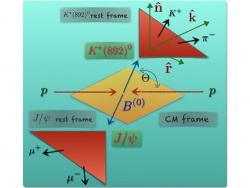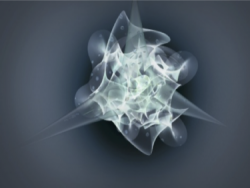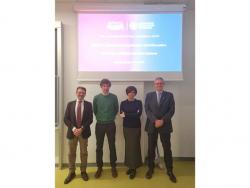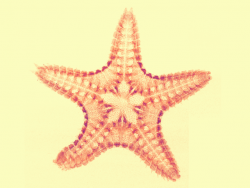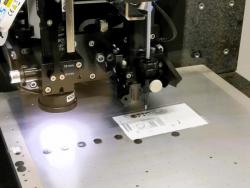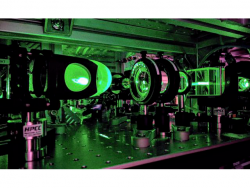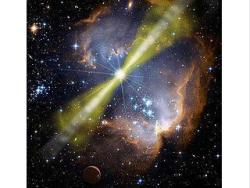Strongly-correlated models on the lattice
Modern condensed matter is concerned with situations where quantum physics and many-body interactions play a key role to create new physical phenomena. For most of the last century, low-temperature condensed-matter physics was dominated by the spontaneous-symmetry breaking (Landau) paradigm: at low temperatures, matter reorganises in long-range ordered phases breaking a symmetry of the microscopic Hamiltonian, witnessed by local order parameters. By now, there is a clear evidence that several systems may go beyond this standard description, hosting low-temperature phases characterized by non-trival topological properties, or unconventional quasiparticle excitations, which carry only a fraction of the original degrees of freedom. Such topological phases are robust with respect to perturbations, since they are related to the presence of entaglement stored in the entire system. Examples include Mott insulators, spin liquids, and topological phases.
My current efforts are devoted to the identification of spin-liquid phases with gapless excitations or topological degeneracy in Mott insulators with magnetic frustration. I am also interested in superconducting phases emerging from strong electron-electron correlations in d orbitals. The paradigmatic example is given by the long-standing high-temperature superconductivity in Copper-oxide materials. In this regard, orbital fluctuations may also drive to unconventional phases, with both topological and superconducting properties that are far from being fully understood.
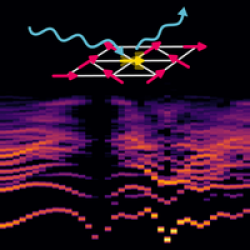
By using numerical techniques (mainly quantum Monte Carlo and exact diagonalizations), I investigate the ground-state and low-energy properties of Hubbard and Heisenberg models (including multi-orbital or multi-flavor cases) on the lattice. Calculations are relevant for a number of materials with unconventional low-temperature properties. My recent activity (with L. Viteritti) is also focused to understand how machine-learining approaches may be used to describe many-body wave functions in frustrated spin models in low spatial dimensions.


